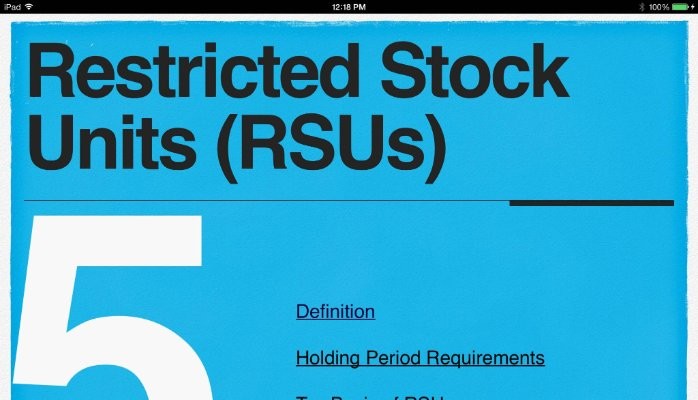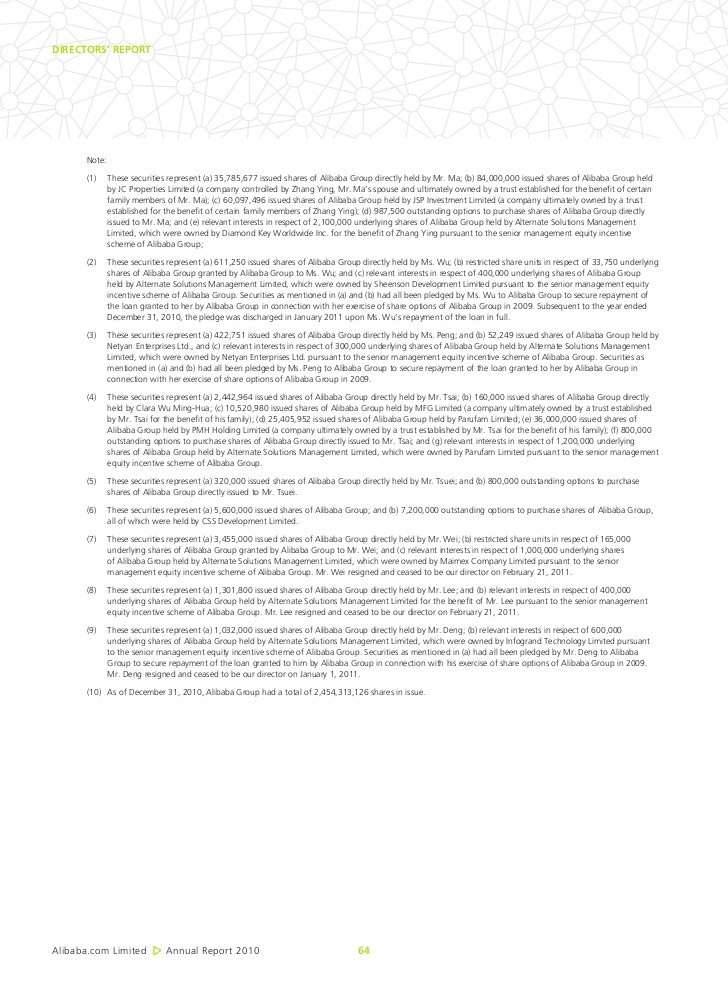Restricted Stock Unit (RSU) Tax Reporting in Malaysia
Post on: 21 Май, 2015 No Comment

Monday, August 30, 2010
Restricted Stock Unit (RSU) Tax Reporting in Malaysia
If you work for the U.S. based company, you probably have heard about Restricted Stock Unit (RSU) but do you know what is the tax implication? If you’re not interested in RSU, you can ignore this article.
Restricted stock unit (RSU) has been quite sometime with us as a replacement of stock option in many companies and suprisingly there are still many of us do not understand how how the tax reporting works for RSU. This article explains the RSU tax reporting in Malaysia and is applicable to rest of the countries as well since this is pretty general thing.
What is the difference between RSU and Stock Option?
A very funny statement I always heard from my colleage: Wow! Why such a so big amount stated in my EA form. I didn’t even sell or excersise any of my stock! Huh? Perhaps most people still do not understand the key difference between RSU and stock option:
- Stock options are taxed at the time when your stocks are exercise or sold by you.
- RSUs are taxed at the time when your stocks are vested or released to you by your employer (that’s why you see such big amount in your EA form because your broker automatically sells your share to pay for the tax — see detail explanation below).
Notes: EA form is the form issued by an employer to tell how much earning of the employee and employee use this form to file for income tax annually.
What is the RSU taxable amount?
The RSU taxable amount is based on the total value of shares vested or released by your employer. For example, you’re granted 400 RSUs in 2009 for 4 years to and only 100 RSUs will be vested in 2010 and the subsequent years. When the 100 RSUs are vested now at the closing price of $20, your total of RSU gain is $20 X 100 = $2000.
That means now $2000 is your taxable income. Depends on your country tax law — In Malaysia, the Tax withholding rate is 26% (for year 2010) which means your total taxable withholding amount is $2000 X 26% = $520. Please keep in mind that this is just an estimated tax that your employer will deduct from your salary (based on the country tax withholding law).

The next thing is your brokerage (e.g. E-trade, Smith Barney and etc.) will sell enough shares to pay for this estimated tax. For example the next day, the closing price jumps to $21 and your brokerage sells 26 shares and the brokerage fee is $25. Therefore the total earning of this transaction is $21 X 26 — $25 = $521. So now you use this money to pay for the tax withholding amount (i.e. $520) and the remaining $1 will be deposited to your account and shown in your EA form.
I know this could be confusing, so I try to summarize what happen here:
- Total RSU Gain: 100 X $20 = $2000. It is calculated based on the vested unit and closing price of the vested date.
- Total tax withholding amount: $2000 X 26%= $520. Your employer calculates the estimated tax withholding for the vested RSUs based on the closing stock price.
- Your broker sell enough shares. ($21 X 26 — $25 = $521) at the closing price of that day (i.e. $26) to cover the amount of tax withholding and $25 brokerage fees. This earning is used to pay the estimated tax withholding amount (i.e. %520) to the Income Tax Office.
- The remaining money. ($521 — $520 = $1) will be deposited to your account and will be stated in your EA form.
Note. The closing prices is calculated based on the average of highest and lowest prices of that day. E.g. the highest price is $21 and the lowest prices is $19. Therefore, the closing price of that day is calculated as $20.
Note: The example may still subject to the currency exchange. E.g. You still need to convert the currency back to MYR. For simplicity, I just purposely ignore that.
Are you still confused?
Some of you may still be confusing and the most frequent question that I heard is:
Why tax me at MAX (i.e. 26%)? My tax bracket is not yet reach 26%! RSU Gain is the key! It really doesn’t matter because the very MOST important thing here is NOT the tax BUT your RSU Gain. In this example, your RSU gain is $2K. It will be stated in your EA form. If your actual tax is less than 26%, that is perfectly okay because the tax withholding by your employer is just an ESTIMATION. This is nothing new. If your tax deduction is less than the actual, you pay back and otherwise you claim back your money.
Do you find this useful? Let me know if you have any questions to clarify.














